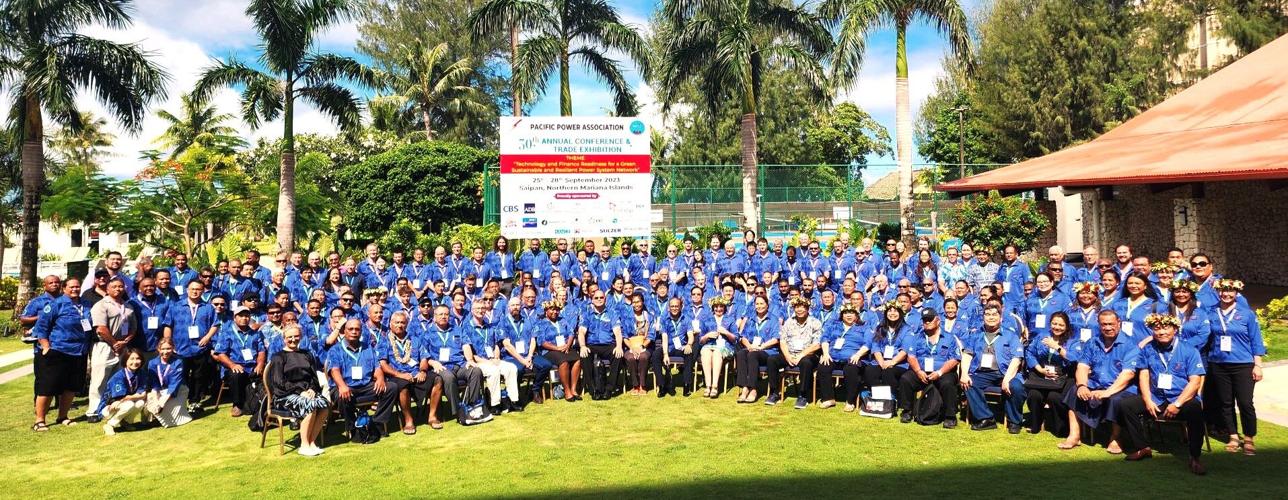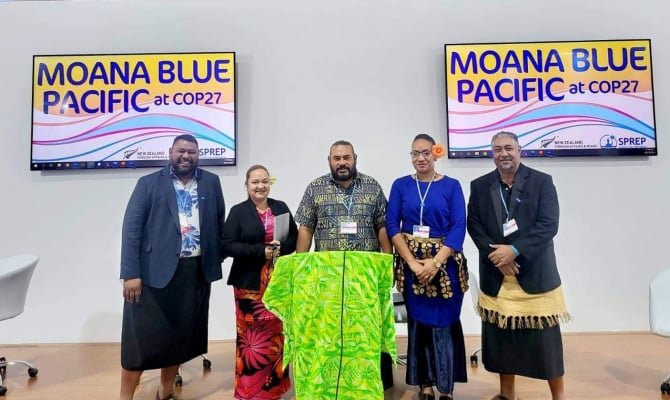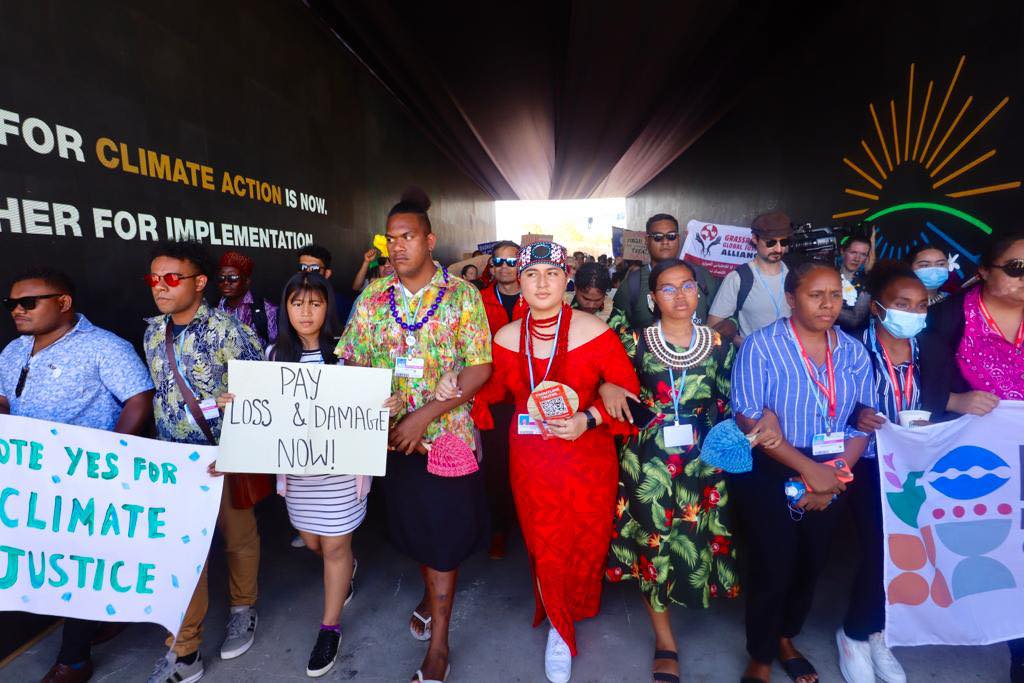FESRIP to support Pacific Island countries and territories in transforming their energy sector from fossil fuel-based to clean, renewable resources
At COP 27, the government of Samoa and the Pacific Community (SPC) officially launched the Framework for Energy Security and Resilience in the Pacific (FESRIP). This tool embodies Pacific Island countries and territories (PICTs) commitment to transforming their energy sector from fossil fuel-based to clean, renewable resources. It aims to promote and support energy security and resilience in the region.
The Pacific relies on fossil fuels to drive energy systems. 80 percent of commercial energy used in the region is fuelled by petroleum, and almost 100% per cent of transport, including marine and road transport, is still fuelled by petroleum. To ensure energy security for all that is accessible, relevant and affordable for Pacific sustainable development, PICTs are accelerating access to renewable energy.
The FESRIP will promote actions to support PICTs in addressing their energy sector priorities, with a strong emphasis on improving energy sector robustness and resilience to adverse climate change and natural disasters. It will help them achieve the long‐term goal of universal access to secure, sustainable and affordable electricity, transport fuel and household energy services – that are increasingly supplied by renewable resources, upgraded energy infrastructure, and improved technologies.
In launching the FESRIP, PICTs affirm their will to play a key role in combatting climate change. “The Framework for Energy Security and Resilience in the Pacific 2021-2030 represents our collective efforts to ensure that our Pacific people will not be left in the dark in a future global energy crisis. It is a Pacific response to the climate emergency,” said Toeolesulusulu Cedric Schuster, Minister of Natural Resources and Environment of the Government of Samoa.
“It is not easy to share energy across borders. Regional coordination is still important. 80 percent of commercial energy generation in the Pacific is done through fossil fuels. Hence, this framework articulates a future where PICTs will progressively reduce their reliance on fossil fuels,” said Andrew Jones, General Manager International Development of the Australian Bureau of Meteorology.
“At IRENA, we partner with Pacific countries to increase support in the region with the energy transition. Our objective is aligned with the Samoa Pathway. But more than anything, we ensure the development of projects is not about energy alone or climate alone. It is about lives. It is about survival for Pacific Islanders,” said Arieta Rakai, Programme Officer and Lead for the SIDS Lighthouses Initiative, IRENA.
The implementation of the FESRIP is expected to benefit about 60% of the Pacific population and help build climate resilient livelihoods.
FESRIP was prepared by the Pacific Community (SPC) in collaboration with the Council of Regional Organisations in the Pacific (CROP) Energy Technical Working Group (ETWG), including members from SPC, the Pacific Power Association (PPA), the Secretariat of the Pacific Regional Environment Programme (SPREP), the University of the South Pacific (USP), and the Pacific Islands Forum Secretariat (PIFS). The International Renewable Energy Agency (IRENA) also supported the project.
This story was originally published at SPC on 19 November 2022 by Talei Tora and Maëva Tesan, reposted via PACNEWS.



